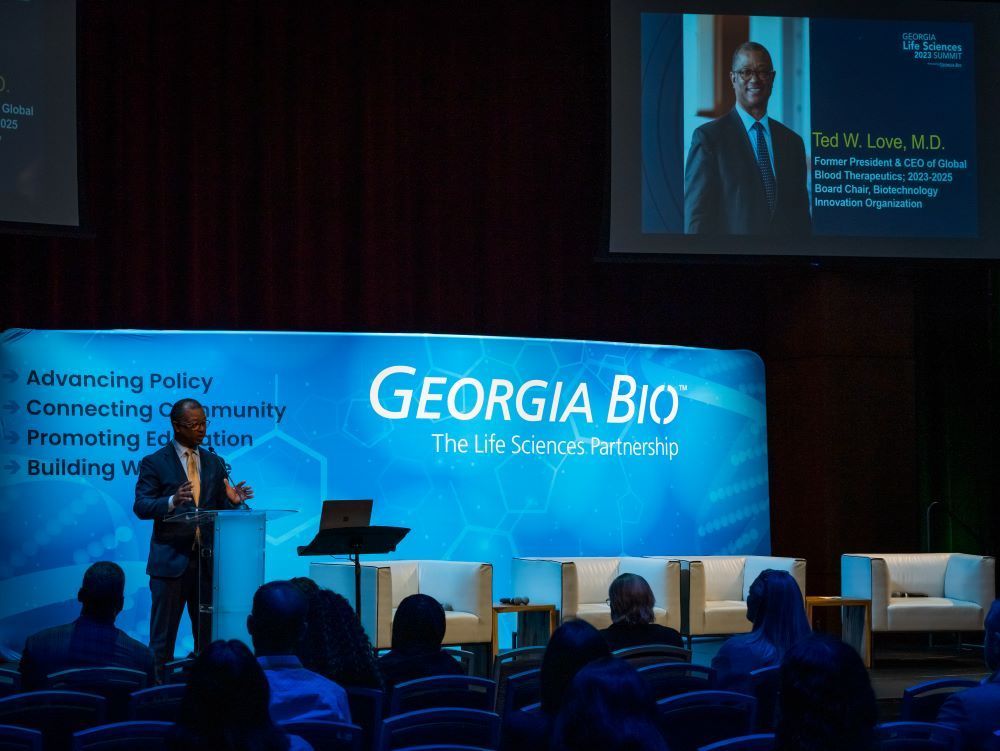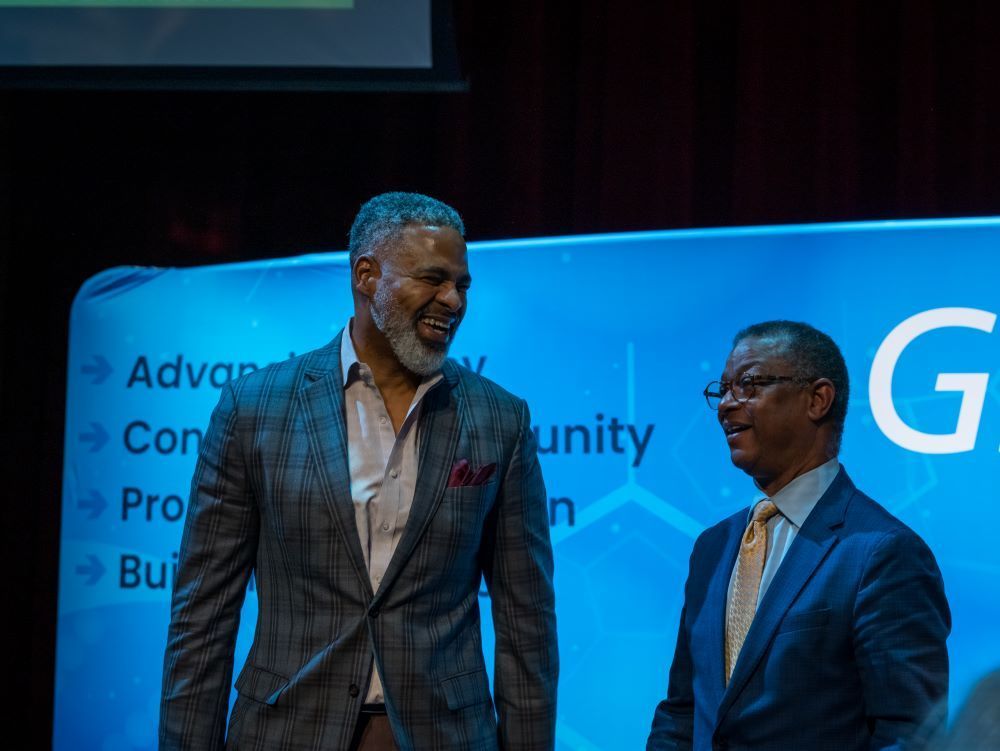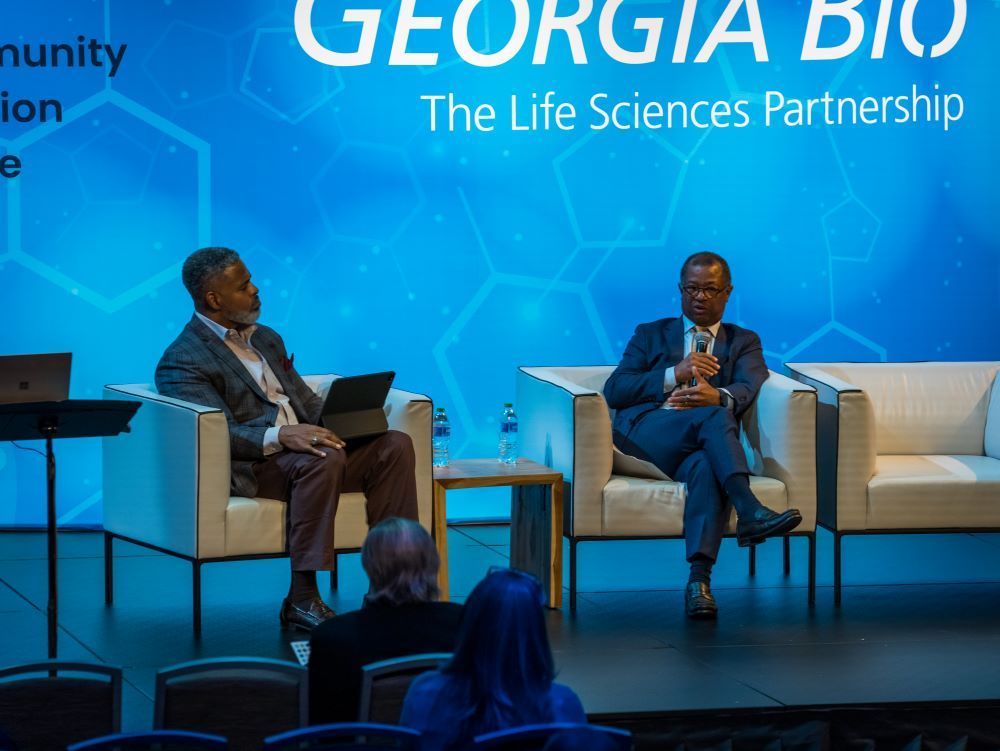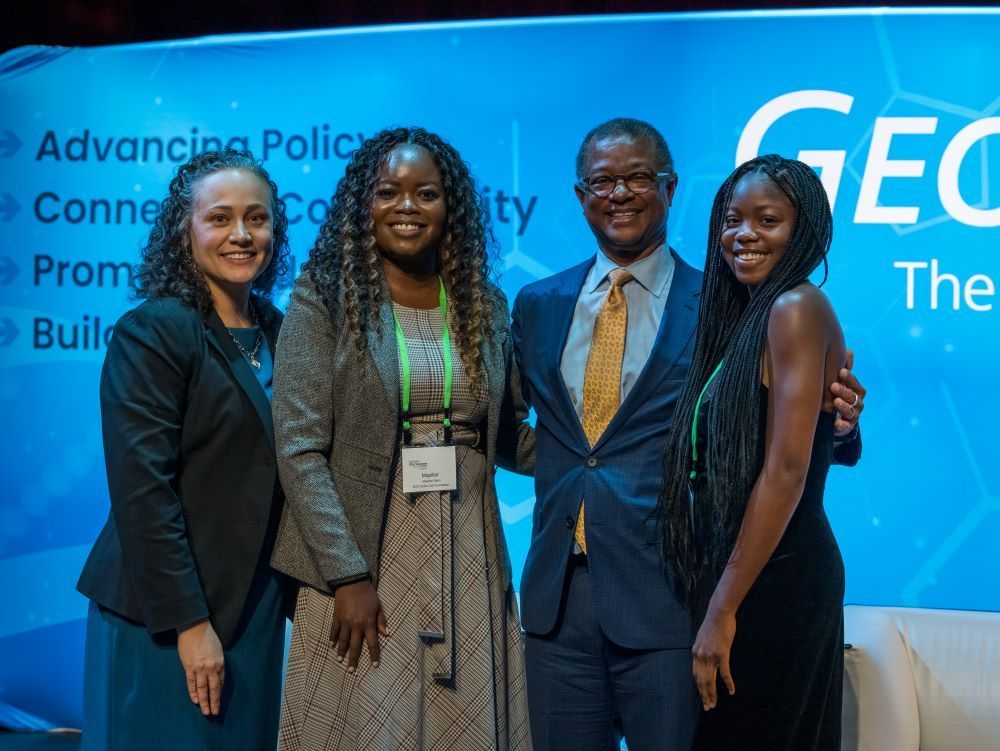Reshaping the narrative on biopharma innovation with BIO Board Chair Dr. Ted Love

Dovetailing closely on access, advocacy, policy and innovation, BIO Board Chair and founder of Global Blood Therapeutics Dr. Ted Love discussed his mission oriented journey in the life sciences in the day’s keynote. This work continues with the need to reshape the narrative around biopharma innovation, access, cost and value.


“Drug cost is not a singular item,” Dr. Love told GRA Senior Advisor Greg Vaughn, MD in their post remarks chat. “We need to get copays out of the system and stop blocking egregious things we do to discourage patients from taking medicines.”
Our recent weekly bioBEAT summarized Dr. Love’s keynote thusly:
“BIO Board Chair Dr. Ted Love founded a company (Global Blood Therapeutics—since acquired by Pfizer ) to develop treatments for sickle cell disease, so he is solidly grounded in the biopharma space. However, he’s enthusiastic about biotech’s potential to help achieve a wide range of societal goals. At Georgia Bio’s Life Sciences Summit this week, Ted spoke about the importance of communicating biotech’s full potential and opening minds to the promise of innovation.
“‘Showing the public how we change lives through innovations is a huge task that we must all embrace!’ he said in his remarks. ‘But, we can do this by telling everyone we talk to [that] biotechnology is our only hope – to fight egregious diseases and future pandemics, to produce clean energy to fight climate change, to solve food insecurity , and to provide biodefense to keep us all secure.’
“Ted shared a story about his own daughter’s (Alex) skepticism toward the biopharma industry—until she spent one summer working at Global Blood Therapeutics and saw firsthand how impactful the company’s work could be for patients. ‘Perhaps we can learn a lesson from my experience with Alex when it comes to reframing the narrative of our industry,’ he said.
“‘We need to increase awareness of what we are achieving in our society,’ he added, ‘by telling our powerful stories of innovation and standing up for science. It will require highlighting the possibilities of mRNA vaccines, gene therapy, crop editing , and the many other amazing technologies that we are investing in. mRNA took years and years to develop, but it arrived in time to treat Covid-19.’ Read Ted’s full remarks here. ”






